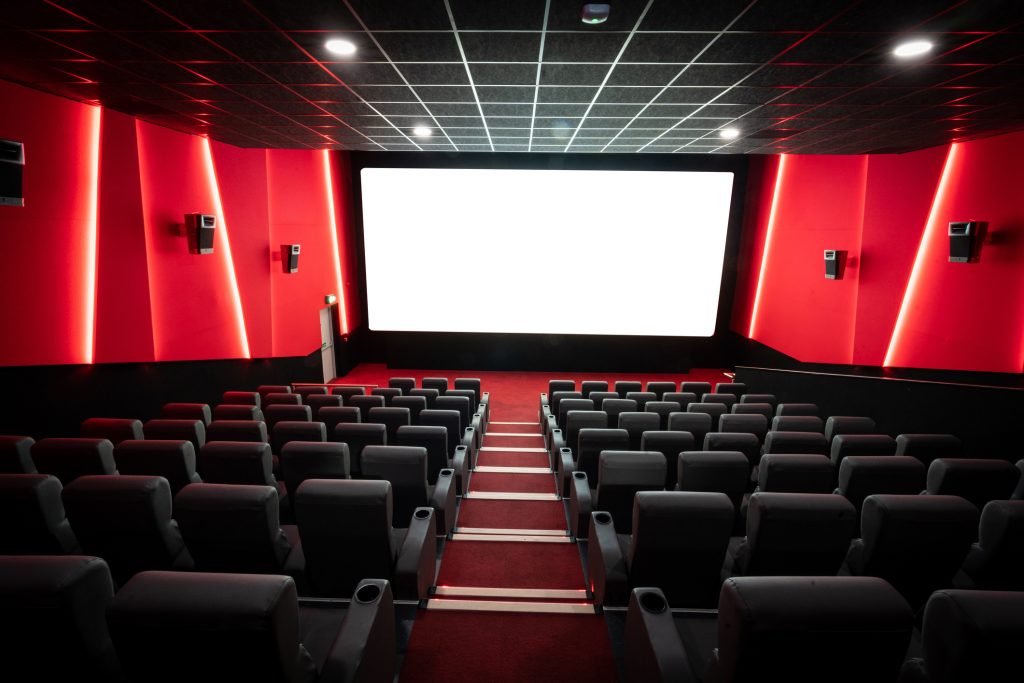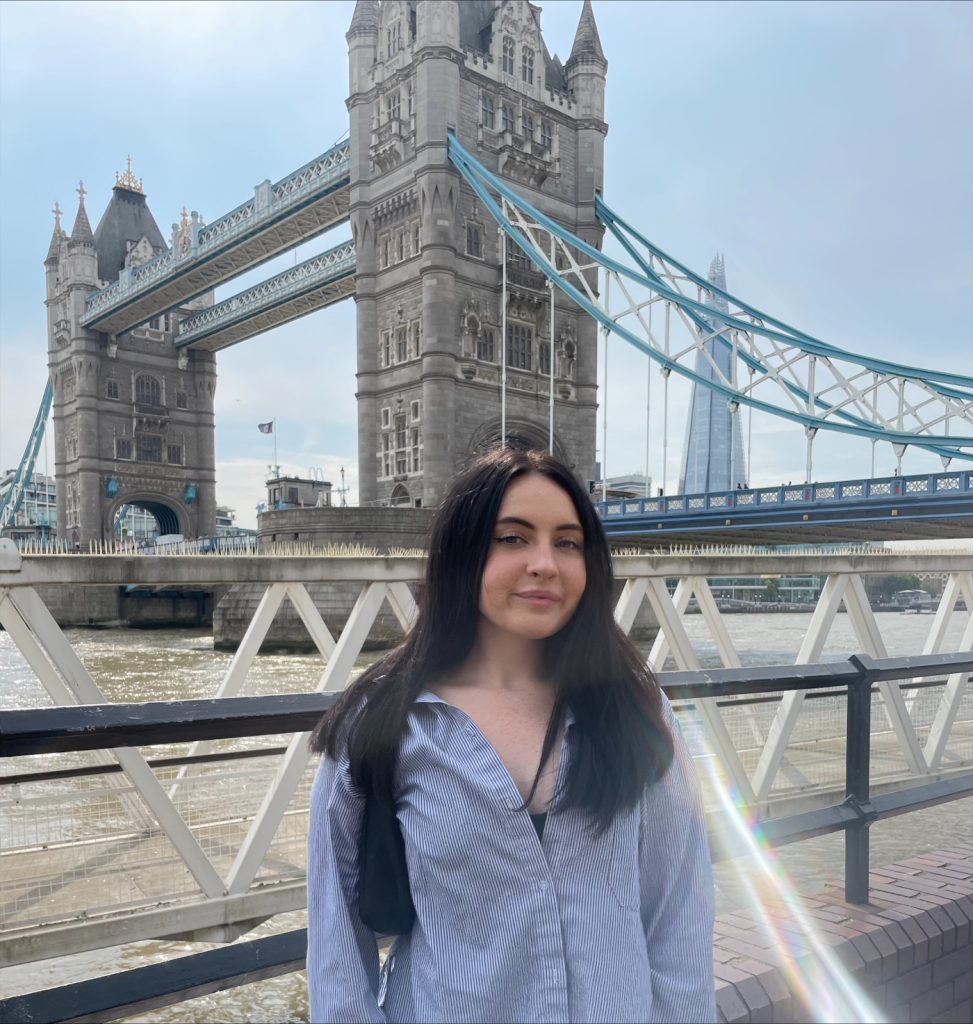Anatomy of a Fall: is it worth a watch?
Please note: This article will contain spoilers of “Anatomy of a Fall”. Do not read on if you want to watch it without any plot giveaways…
Yasmin Traynor, member of the Lawbore Journalist Team, went to an early screening of French courtroom drama, Anatomy of the Fall. Here’s what she thinks of it!

The film, directed by Justine Triet, follows the narrative of German author Sandra (Sandra Huller), who becomes the focal point of a legal proceeding wherein she stands accused of the murder of her spouse, Samuel (Samuel Theis). The trial unfolds against the backdrop of an inconclusive autopsy report, leaving the cause of Samuel’s death unresolved. As the storyline progresses, viewers are not only tasked with determining Sandra’s culpability but are also prompted to scrutinize the efficacy of the French legal system as a vehicle for ascertaining truth.
The film promptly unveils Samuel’s death within its initial five minutes, a discovery made by the couple’s visually impaired child, Daniel. Subsequently, the authorities are summoned, and Sandra, in response to the unfolding events, contacts a family friend who is a lawyer. When Sandra is recounting what she had explained to the police she tells the friend, Vincent, “I did not kill him” to which he responds “that’s not the point”.
After this, the narrative unfolds into a riveting courtroom drama, delineated by three pivotal focal points: the intricacies of Sandra and Samuel’s marital union, the testimony presented by their son, Daniel, and the examination of substantial evidence.
Each facet of the film engenders a thought-provoking discourse, beginning with the scrutiny of hard evidence. In a notable sequence, Sandra’s legal team undertakes the recreation of the fall utilizing a fake human model. They assert before the court that the most plausible scenario involves the blood splatter on the shed’s side being a consequence of Samuel’s impact with the corner of the roof. Conversely, the prosecution introduces a legal expert who provides a contradictory perspective, contending that a head injury preceding the fall caused the blood splatter to land where it did. The juxtaposition of these divergent viewpoints from purported “experts” underscores a compelling theme—that even incontrovertible “hard evidence” is susceptible to manipulation contingent upon the point each side seeks to prove.

Moreover, when subjecting the intricacies of Sandra and Samuel’s relationship to meticulous scrutiny, another theme arises. During the testimony of Samuel’s therapist, Sandra contends that Samuel selectively presented only his own viewpoint, withholding a comprehensive portrayal of the dynamics at play. The essence of her argument conveys the limitation inherent in exclusively considering a fragment of the relational mosaic; examining only a portion of the puzzle impedes the comprehensive understanding necessary for an accurate assessment. This reminded me of a quote from the film Oppenheimer, released earlier in the year:
“Only a fool or an adolescent presumes to know someone else’s relationship”.
This felt relevant as Sandra pointed out that if she had been seeing a therapist, “He could stand up here and say very ugly things about Samuel, but would any of those things be true?”
This observation is accentuated when the court plays the recording of Sandra and Samuel engaged in a heated argument the day before his death.

While it is acknowledged that passionate disputes almost always transpire within any marriage, the pivotal question emerges: can such disagreements serve as evidence of murder? This prompts the audience to ponder a more expansive question: Does the justice system uphold fairness when “hard” evidence can be subject to diverse interpretations, and contentious exchanges can be wielded as a conclusive motive for murder? During my screening, I overheard individuals seated behind me commenting, “I would definitely be found guilty if they heard us argue.” This serves to demonstrate that the director, Justine Triet, effectively achieved her goal of prompting the audience to deliberate on what constitutes fairness within the context of the French criminal justice system.
The third and arguably most pivotal focal point of the film revolves around Samuel and Sandra’s son, Daniel. Daniel, who lost his vision in a car accident, becomes a central figure in the narrative. Sandra attributes the accident to Samuel and openly acknowledges harboring resentment toward him for a period. During my screening, Triet posed a thought-provoking question: “Is this a film about a woman accused of murdering her husband? Or is this a film about a boy watching his mother be on trial for his father’s murder?” Approaching the film with this perspective allows us to discern the profound struggles Daniel faces in deciphering truth and recalling his own memories.
At one point he is told, “The law is not your friend, because if it is your friend, it cannot be someone else’s.” While the law is designed to be impartial, a concept highlighted by one of my professors who clarified that the primary purpose of the law is “not to be fair; it is to be certain,” it raises a profound question. How can this assertion hold true when the legal system, at times, allows for the manipulation of truth?

Triet has created a feat of writing that forces the audience to ponder important questions regarding the law and encourages them to draw their own conclusions. If the justice system is permitted to construct narratives that are inaccurate, the individuals most adversely impacted will often be those from marginalized groups, as exemplified in this instance by women. Triet has shown how destructive these legal proceedings can be on a mother and son’s psyche whilst challenging whether the current justice system is fair. Finally, I would highly encourage those who have not seen the film to give it a watch!
Yasmin Traynor is currently in her second year of her law degree at City University. She has a keen interest in both criminal and media law and hopes to study at the bar, as she is interested in advocacy. Outside of academia, she has a passion for film and travel. Her favorite film is ‘One Flew Over the Cuckoo’s Nest,’ and her favourite city she has visited is Hoi An, Vietnam.

Hello, I watched the movie and found it compelling. For me, the movie is really more about the relationship and how the “evidence” is used or misused. But I am curious, is it realistic in how it portrays a French trial? Thanks, Angela